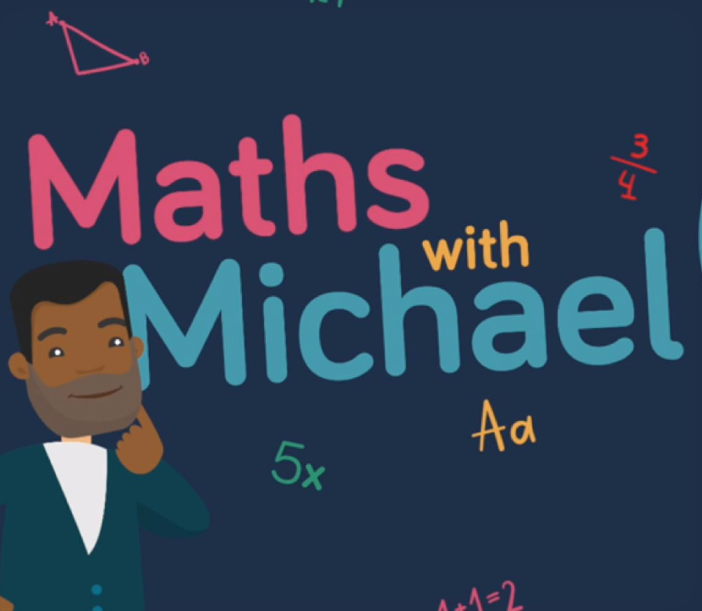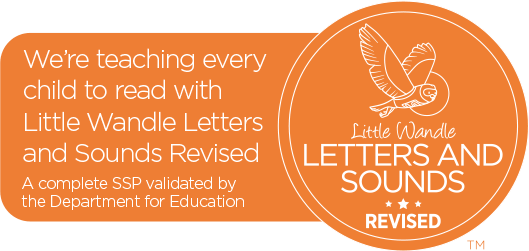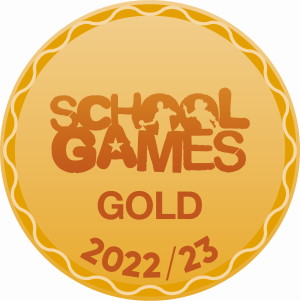Mathematics
 Maths Curriculum Intent:
Maths Curriculum Intent:
At Uffington CE Primary School, we aim to develop mathematical thinkers who have a confident knowledge base, who can make connections and who are willing to face a challenge.
In order to achieve this:
Nurture: We nurture children to feel safe to ask questions and share ideas. We want children to be collaborators who advance not only their own, but others learning too, allowing them to develop the confidence and resilience to trust their independent ideas.
Curiosity: We capture children's interest and motivate them to make connections, offer conjectures and to be able to convince themselves and others of their ideas. We aim to ensure that children are engaged and motivated by what they learn by encouraging critical, independent thinking – allowing children to explore and share their own mathematical ideas and methods using a variety of concrete manipulatives from the early years, right through to upper key stage 2.
Diversity: We recognise that mathematics is not 'one size fits all'. We encourage an 'all ideas/questions welcome' ethos whereby children listen to one another and build on each other's ideas. Children treat each other fairly, respecting differences in methods and concepts and support one another to achieve.
Ambition: We support our children to be mathematicians who believe that they can achieve. We do this by ensuring that children have a concrete mathematical understanding which underpins concepts – this gives children the confidence to be ambitious. We also encourage a can-do attitude whereby we ensure children understand that knowledge does not happen overnight and that hard work and ambition will support their success.
The national curriculum for mathematics aims to ensure that all pupils:
Mathematics is an important creative discipline that helps us to understand and change the world. We want all pupils at Corby Primary to experience the enjoyment of mathematics and develop a sense of curiosity about the subject with a clear understanding.
We foster a positive ‘can do’ attitude and we promote the fact that ‘We can all do maths!’ We believe all children can achieve in mathematics and that there is no ceiling to learning. We teach for secure and deep understanding of mathematical concepts through progressive tasks. Mistakes and misconceptions are considered an essential part of learning and teachers help children to view them as such. We believe that all children should be given the opportunity to be challenged and explore their mathematics more deeply. As such any child, no matter their current attainment, will receive extra challenges if they reach a good understanding of the current maths learning. All children will be given daily opportunities to reason, prove and problems solve.
Implementation:
All children are expected to succeed and make progress from their starting points and to have confidence and competence in mathematics. Maths lessons are characterised by the promotion of mathematical language, reasoning and the consistent use of the CPA approach to help pupils understand mathematics and to make connections between different representations. Children to develop quick and efficient recall of facts and procedures and the flexibility to move between different contents and representations of mathematics. Representations used in lessons expose the mathematical structure being taught, the aim being that students can do the maths without recourse to the representation. In lessons concepts are represented in more than one way to draw attention to the critical aspects and to develop deep and holistic understanding. Problem-solving is central to every topic and exercises in teaching and follow-up practice involve problems throughout the topic to enable children to understand the need to and be able to apply mathematics to real situations.
Impact:
By the end of KS2 we aim for children to be fluent in the fundamentals of mathematics with a conceptual understanding and the ability to recall and apply knowledge rapidly and accurately. They should have the skills and the resilience to solve problems by applying their mathematics to a variety of situations with increasing sophistication, including in unfamiliar contexts and to model real-life scenarios. Children will be able to reason mathematically by following a line of enquiry and develop and present a justification, argument or proof using mathematical language.
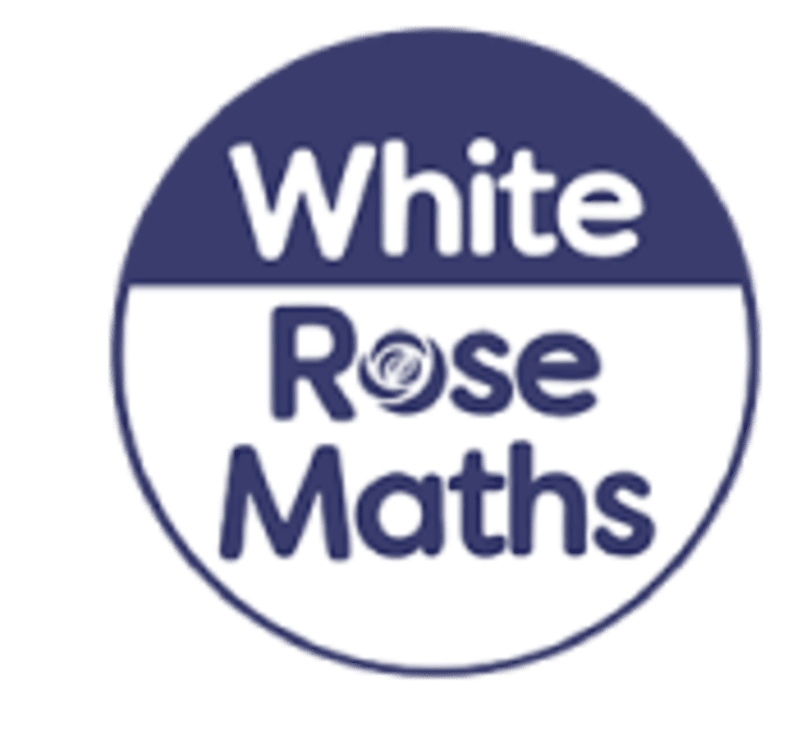
Please click here to visit the White Rose Education website for parent resources and ways to support at home.

Please click here for White Rose Education Home Learning resources and teaching videos.
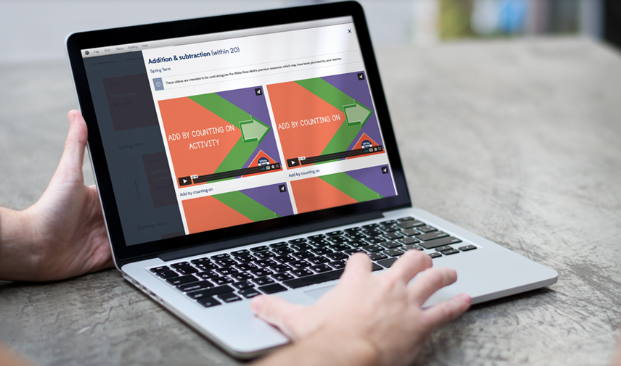
Please click here for details about the White Rose '1 minute' maths app.
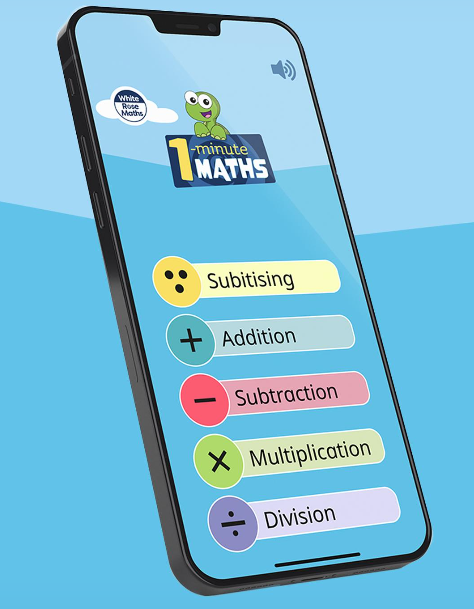
Please check here for details about the White Rose 'Maths with Michael' video series which explains current methods for parents.
